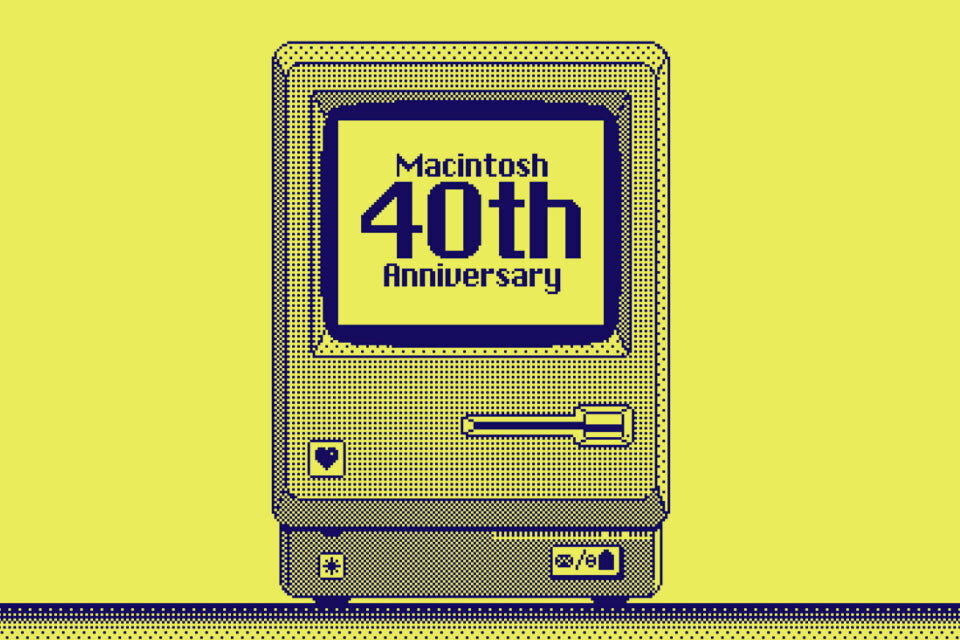Once you’ve been in the game for a while (whatever your game of choice might be) and you’ve had some success, people will start asking for your advice. How did you do it? What are they doing wrong? What are your “secrets”? Whatever your field or industry, there are always people who need advice, guidance, and a game plan for achieving their goals. Here’s the thing: experience is a powerful commodity and it can be leveraged for your benefit. In addition to your main field of work, you can add a powerful string to your bow by offering coaching or mentoring services.
The benefits of offering these kinds of services are two-fold. First, it can be a lucrative additional stream of income. But it can also enhance your reputation and gain you new clients, contacts, open up additional opportunities in your field.
Here are some important considerations to help you decide if coaching and mentoring is right for you.
Coaching vs mentoring
The first thing to get clear is the difference between coaching and mentoring which are often used interchangeably despite being completely different animals.
In short, coaching is focused on performance while mentoring focuses on the whole person.
Think of it like this: in sport, a coach is hired to achieve peak performance from an athlete. This may involve some personal development in order to achieve the right mental attitude, but ultimately the job of the coach is to increase individual performance in order to achieve a specific goal.
A mentor, on the other hand, is more philosophical, and often focuses on developing mental attitudes and behaviours rather than focusing on achieving a specific performance related goal.
To draw two examples, if you were to hire Richard Branson as a coach, you would expect him to analyse your business strategy and offer up specific, actionable steps to help you achieve your stated goals – increase turnover, market expansion, whatnot.
If you were to ask Richard to be a mentor, you’d want access to him so you could gain wisdom and insight. You would not be looking for a game plan. Learning about his approach to business, family life, challenging situations and people, and how to handle failure would likely provide you with a rich store of knowledge from which to draw inspiration and encouragement.
So in short, a coach is goal oriented while a mentor is person focused.
Where to begin?
There are several places to begin, but here is a checklist:
- First decide if you are going to offer coaching or mentoring services so you can be clear on your mission.
- Analyse your own path to success. What steps did you take? What mistakes did you make, how did you recover from them? Did you have to change your mindset or adopt any particular behaviours? What do you think it takes to be successful in your field? What specialised knowledge or skills do you have that you can share with others?
- If you are thinking about coaching, what is your overall “game plan” for helping others achieve success? What do they need to do and in what order does it need to be done?
- What format will your services take? Access by telephone, email, or Zoom? Frequency of contact? Length of contract – 90 days, 6 months, a year?
- Costs – like anything, determine what costs you will incur and then calculate what you need to charge in order to make a reasonable profit.
Final thoughts
Helping other people achieve their goals can be both personally and professionally very satisfying. Not only do you get to bask in the glow of appreciation, it also reinforces your own value, not only to yourself but to your own clients and customers.
It is the ultimate win-win.
So what are you waiting for?
And for any coach or mentor, that’s the real question, isn’t it?
Contact us today to learn more about our web design services and how we can help you succeed online.
Let's make a website!
Book a FREE video call to discuss your business, project strategy, and more!
"*" indicates required fields
More from Metal Potato
Can Apple Vision Pro Revolutionise Computing?
Discover the Apple Vision Pro: a mixed-reality headset set to redefine computing, work, entertainment, and education.
How to Choose the Perfect Typography for Your Website
Master the art of web typography... from font selection to readability, create a visually stunning and user-friendly website.
The Power of WordPress for Small Businesses
Build a strong online presence for your small business with WordPress! It's easy to use, SEO-friendly, and very cost-effective.
Celebrating 40 Years of the Apple Mac
Explore 40 years of Mac evolution! Celebrating Apple's iconic computer and its impact on design, technology, and creativity.
Why LinkedIn Should Be Your Top Priority
Maximise career growth with LinkedIn's powerful benefits! Unlock networking opportunities, connect and build your personal brand.
7 Strategies to Build Customer Loyalty
Elevate your brand with proven strategies for customer loyalty. Personalised programs, consistency, and gratitude that resonate.






